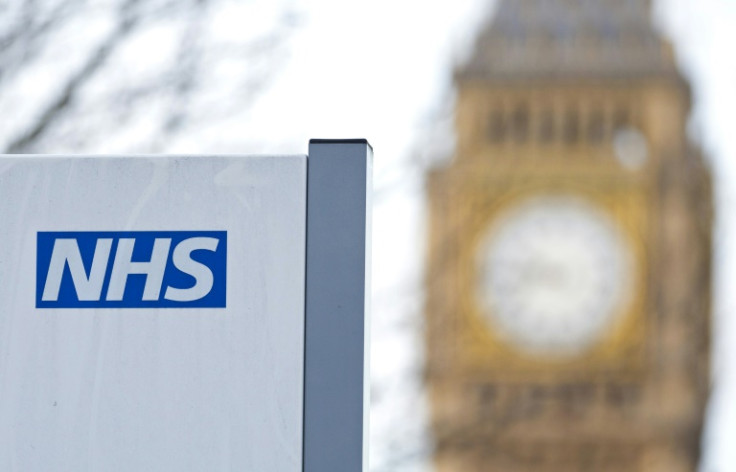Can Physician Associates Diagnose A Patient? Questions Asked As Salford Woman Misdiagnosed By NHS PA
Emily's case is one of six deaths linked to misdiagnoses by PAs, according to the Leng review

A tragic misdiagnosis involving a Salford-born woman at a North London GP surgery has raised concerns about the role of Physician Associates (PAs) in the NHS. A woman suffering from a potentially fatal condition was twice seen by a PA, rather than a qualified doctor, and later died from complications.
The case has reignited debate over whether PAs should be allowed to diagnose patients without direct supervision. As the NHS increases its reliance on these staff, questions around patient safety, transparency, and clinical regulation are growing.
The Salford Incident and Alarming Misdiagnosis
The incident involves 30‑year‑old actress Emily Chesterton, from Salford, who died in November 2022 after suffering a pulmonary embolism. Court documents and media reports confirm that Chesterton visited her GP practice in north London twice, believing she was consulting a doctor. In both visits, she was assessed by a physician associate (PA) who misdiagnosed her condition instead of referring her for the necessary tests. The PA reportedly prescribed propranolol for anxiety, overlooking her symptoms of breathlessness and leg pain, according to Sky News.
Chesterton's parents, Marion and Brendan, have welcomed the government-ordered review into the role of PAs in the NHS but argue it does not go far enough. They emphasise that Emily never realised she had not seen a fully qualified doctor. This tragic case has emerged as one of several linked to patient deaths following PA misdiagnoses. Professor Gillian Leng's review highlighted six such deaths, including Chesterton's, and recommended greater clarity in PA credentials, improved oversight, and limits on diagnosis without direct doctor supervision.
Role of PAs Under Scrutiny
Physician Associates complete a two-year postgraduate training course but do not hold medical degrees. In contrast, doctors typically undergo over 5,000 hours of clinical training, compared to around 1,600 for PAs, highlighting a significant skills gap that critics say must be addressed. NHS England says that PAs support doctors by taking medical histories and carrying out clinical assessments as part of a collaborative team, according to The Telegraph.
However, medical bodies including the British Medical Association (BMA), Royal College of Physicians (RCP), and various unions have advised that PAs should not diagnose independently or consult patients without direct clinical supervision. The BMA has also proposed changing the title 'Physician Associate' to 'Doctor's Assistant' to reduce confusion among patients.

Public Confusion and Government Review
Persistent confusion over the qualifications and role of PAs has led to increasing public concern. Investigations have found that patients often mistake PAs for doctors, which can increase the risk of missed or delayed diagnoses, according to itvX.
In response, the government has launched an independent review, led by Professor Leng and due to report in spring 2025. The review will examine how PAs operate within clinical teams, how supervision is managed, and whether their current title should be changed. Calls have also been made to pause further PA recruitment until clearer frameworks are in place.
Suggested reforms include a traffic-light system to classify tasks according to the level of supervision required, as reported in The Sun. This would clarify which procedures PAs can perform on their own, which require oversight, and which should remain restricted to qualified doctors.
The Salford misdiagnosis has highlighted serious concerns about expanding the use of Physician Associates without clearer boundaries or stronger regulation. While PAs provide valuable clinical support, healthcare leaders argue that they should not be expected to diagnose patients without supervision. As Professor Leng's review continues, there is an urgent need to ensure patients know who is treating them, and whether those clinicians are fully qualified to provide safe and accountable care.
© Copyright IBTimes 2025. All rights reserved.




















